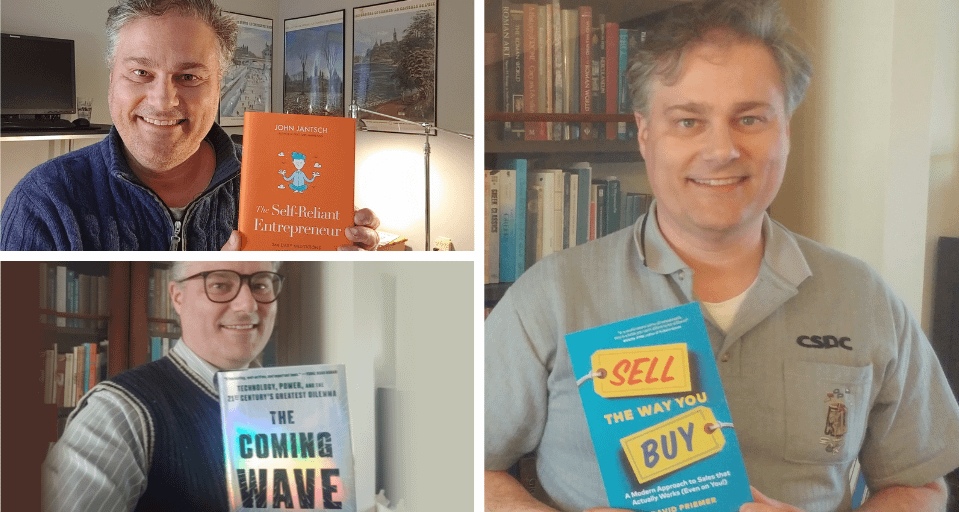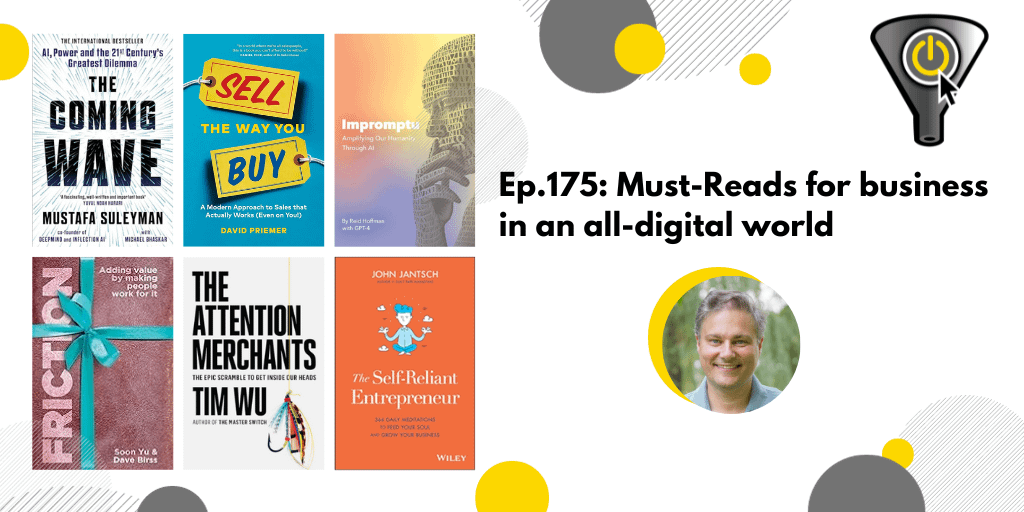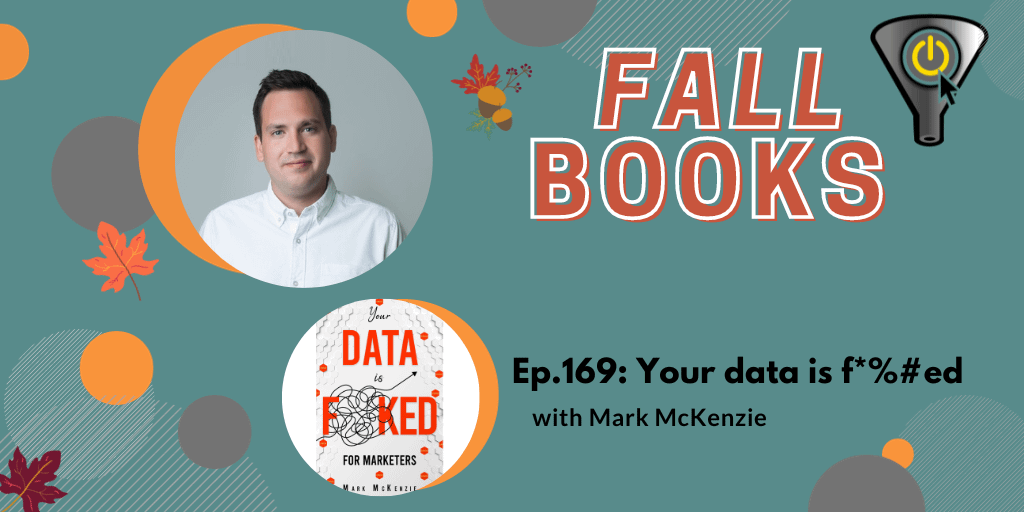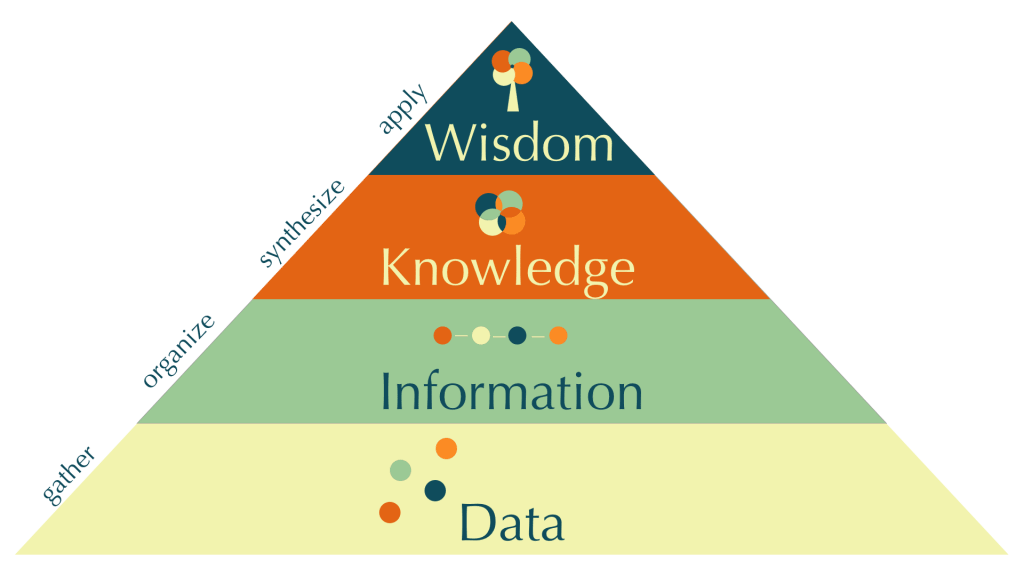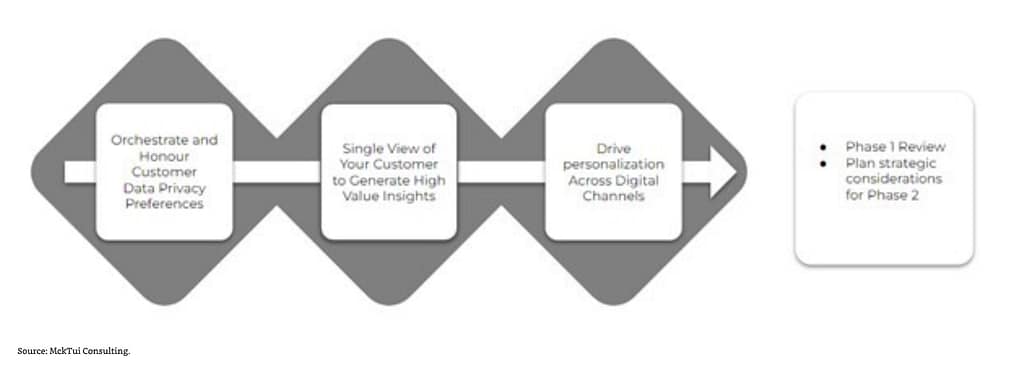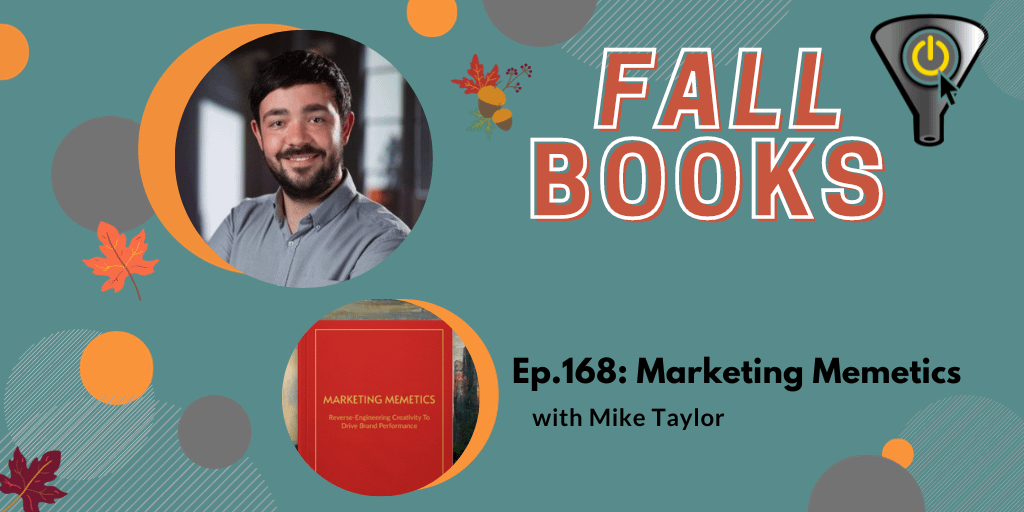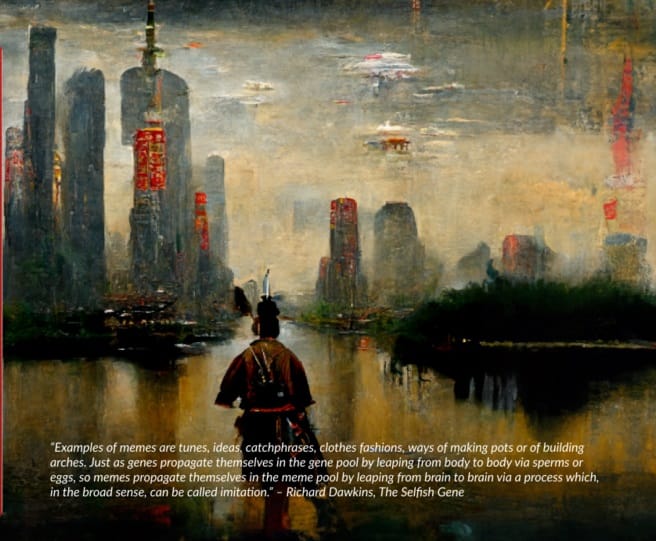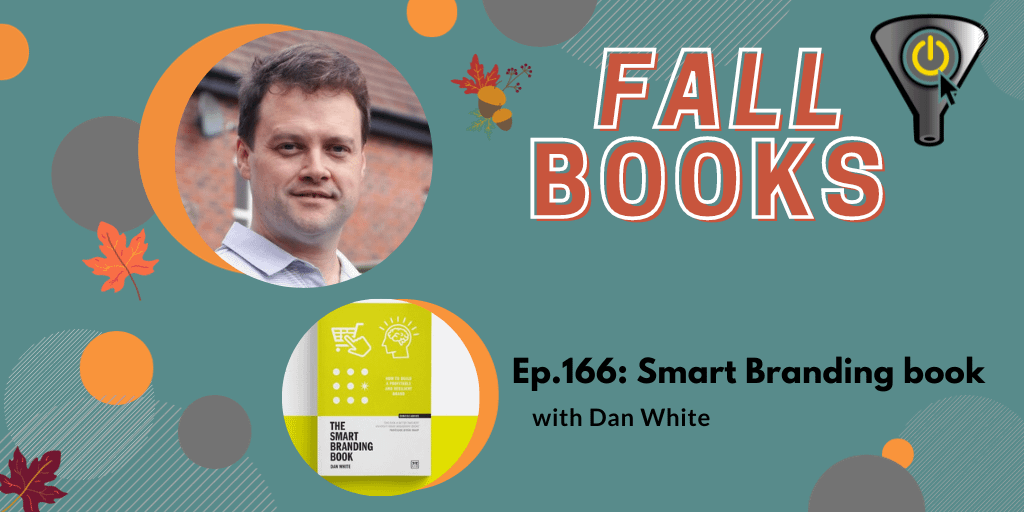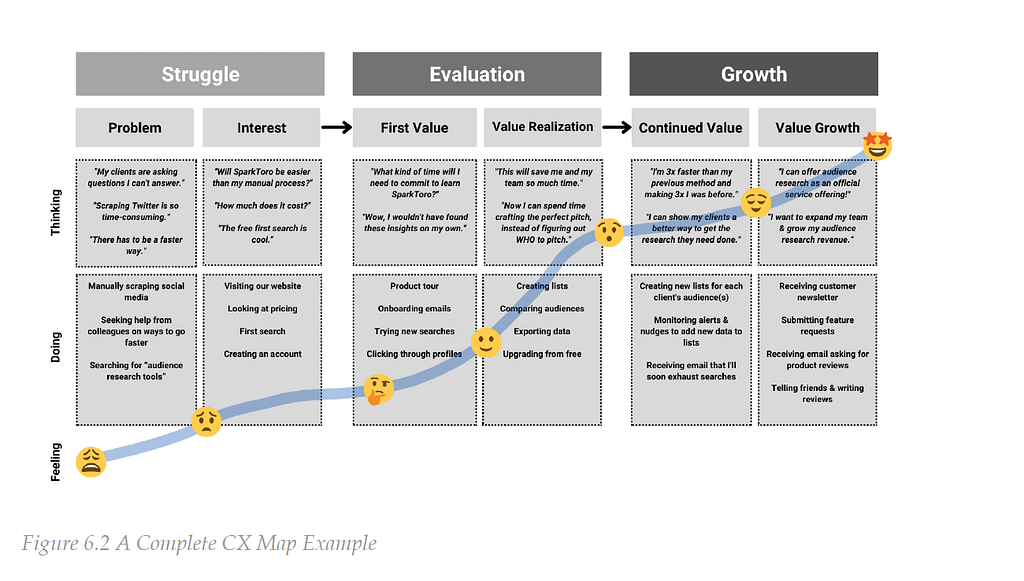Episode 175
There were a lot of books covered on the podcast in 2023 – 44% of this year’s shows were with book authors. Combined with previous years’ book episodes, we have reached the 60-book mark on this podcast – you can sift through them all on our site by clicking on the “books” category on the right-hand menu.
But I’ve had the chance to read books outside of these, and found even more I’d like to feature. I’m not saying all all biz books that come out are good. To be honest – a decent portion of them are aren’t good at all. But since I set out once per year to make a special show, I felt it time to review some of the business books that shouldn’t slip by unnoticed.
After you hear brief reviews of these 6 books, you’ll hopefully put one or two on your To-be-read pile.
Shownotes:
“Sell The Way You Buy” by David Priemer
Impromptu :: Amplifying Our Humanity Through AI
The Attention Merchants, by Tim Wu
The Self-Reliant Entrepreneur by John Jantsch
The Coming Wave by Mustafa Suleyman
Chapters:
0:00 – Intro
02:08 – Friction, Soon Yu
08:40 – Sell the Way you Buy, David Priemer
17:12 – Impromptu, Reid Hoffman
24:52 – The Attention Merchants, Tim Wu
30:40 – The Self-Reliant Entrepreneur, John Jantsch
35:30 – The Coming Wave, Mustafa Suleyman
